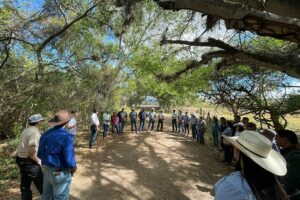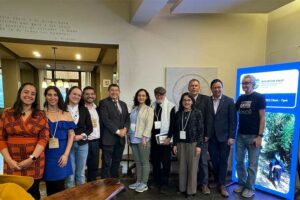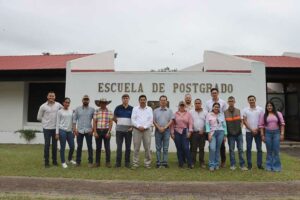Latin American Model Forests held their annual meeting in Colombia

- In this space, they shared experiences and lessons learned, reviewed the work of RLABM management and defined thematic priorities for the search for opportunities and promotion of events..
November 28, 2022. In the city of Pereira, Risaralda, Colombia, stakeholders from the 35 participatory governance platforms for forest landscapes, known as Model Forests, which make up the Latin American Model Forest Network (RLABM, its Spanish acronym ), gathered from November 21 to 25 to hold their XXXI board meeting.
Representatives from the 15 countries where the Model Forests are located, as well as from the network's collaborating institutions, including CATIE (Tropical Agricultural Research and Higher Education Center), the Food and Agriculture Organization of the United Nations (FAO), the Center for International Forestry Research (CIFOR), the Bioversity-CIAT alliance, CUSO International and the International Model Forest Network (based in Canada), participated in this meeting. Representatives of the World Resources Institute and Eco Agriculture Partners' 1000 Landscapes ,, initiative also participated, in search of cooperation alternatives for the restoration and good management of forest landscapes.
Róger Villalobos, researcher at CATIE's Climate Action Unit (the institution that has managed the RLABM since 2005), commented that the RLABM brings together voluntary and inter-sectoral social platforms of territorial governance, that is, groups of people representing grassroots organizations, productive organizations, governmental and non-governmental institutions that share a territory where the forest and natural resources are very relevant to the lives of people and join their efforts and capacities to promote the sustainable management of that territory.
"The members of these platforms represent a diversity of interests and values of society and include sectors as diverse as forestry and agricultural production, conservation groups, water management, among others. All these platforms share their experiences and lessons learned, carry out exchange activities and joint international projects through the RLABM, which in turn is a regional chapter of the International Model Forest Network," explained Villalobos.
RLABM members are located in Guatemala, Honduras, Dominican Republic, Puerto Rico, Cuba, Costa Rica, Colombia, Peru, Ecuador, Brazil, Chile, Bolivia, Argentina, Paraguay and Spain.
During the board meeting, the work of the network's management was reviewed, thematic priorities were defined for the search for opportunities and promotion of events, and the affiliation of two new Model Forests was approved: Aburrá Valley in Colombia and Mayan Biosphere in Guatemala. The creation of the Brazilian Model Forest Network was also reported, as a coordinating body for that country's platforms.
Currently, RLABM is working on strategic issues such as gender equity, the incorporation of young people in governance spaces, fire and forest fire management, forest landscape restoration, among others.
Within the framework of the board meeting, an academic event entitled: Governance of Sustainable Landscapes: The Challenges of the 21st Century, coordinated by the Universidad Tecnológica de Pereira (Pereira Technical University) , was also held. Participants included representatives of Model Forests Latin America; Richard Verbisky, president of the International Model Forest Network; and Sara Scherr of Eco Agriculture Partners.
Fernando Carrera, researcher at CATIE's Climate Action Unit, commented that the event provided an opportunity to exchange experiences on the challenges of improving governance for territorial management.
In addition, there was a field tour of the Risaralda Model Forest and other parallel events: a workshop on diversity and inclusion; a discussion on the 1000 Landscapes initiative and its link to the Model Forests; and a presentation on the progress of the RESTAURacción project.
After concluding its annual meeting, RLABM expects to continue growing and facilitating courses, exchanges, workshops and projects, with a greater focus on building gender, ethnic and generational equity in territorial governance spaces.
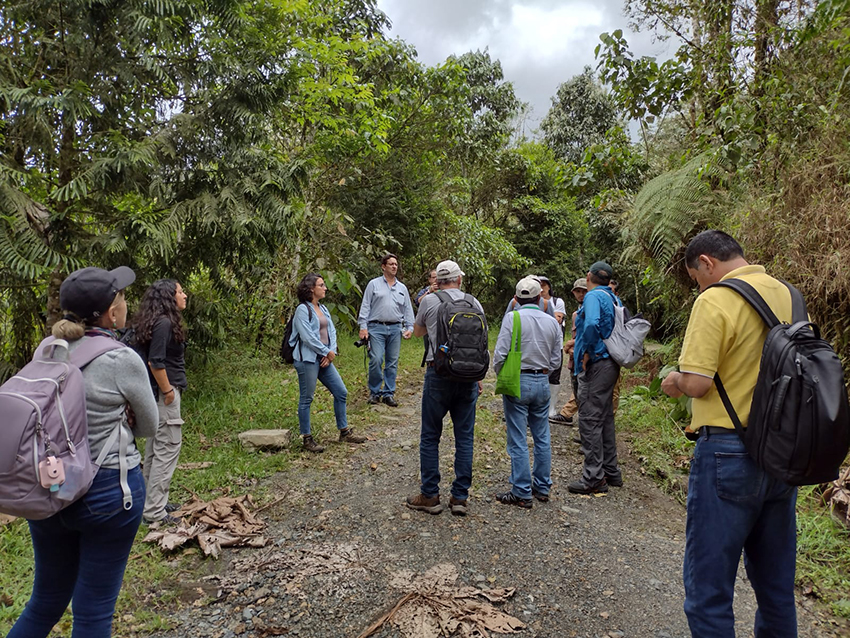
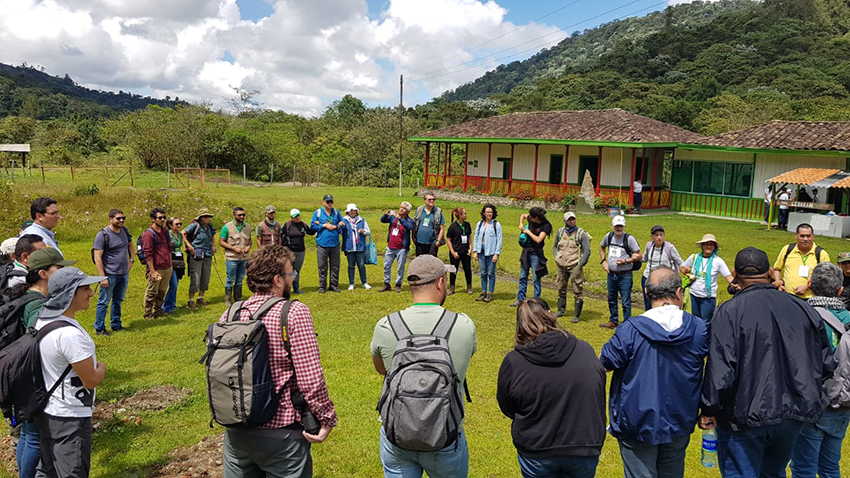
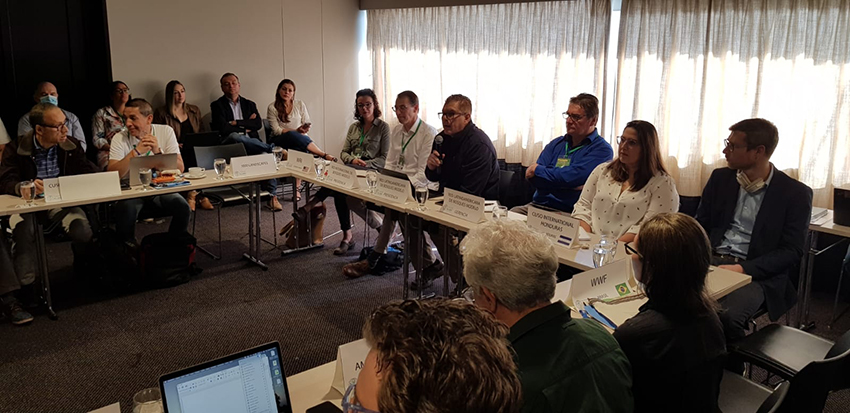
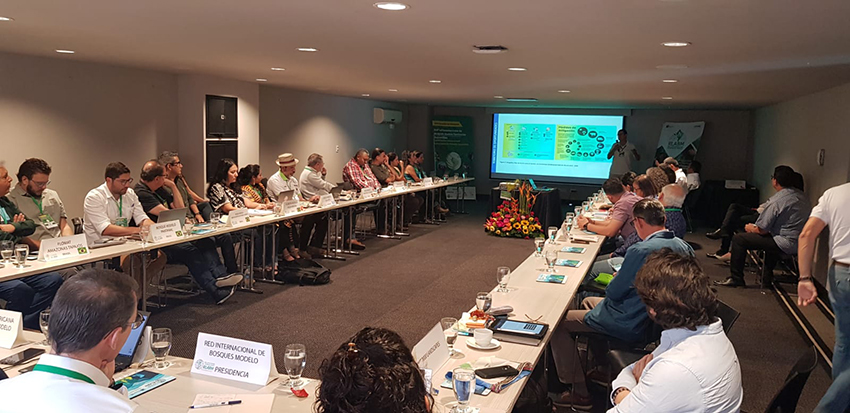
More information
Róger Villalobos
Researcher
Climate Action Unit
CATIE
Fernando Carrera
Researcher
Climate Action Unit
CATIE
Written by:
Karla Salazar Leiva
Communications Officer
Information Technology and Communication
CATIE

